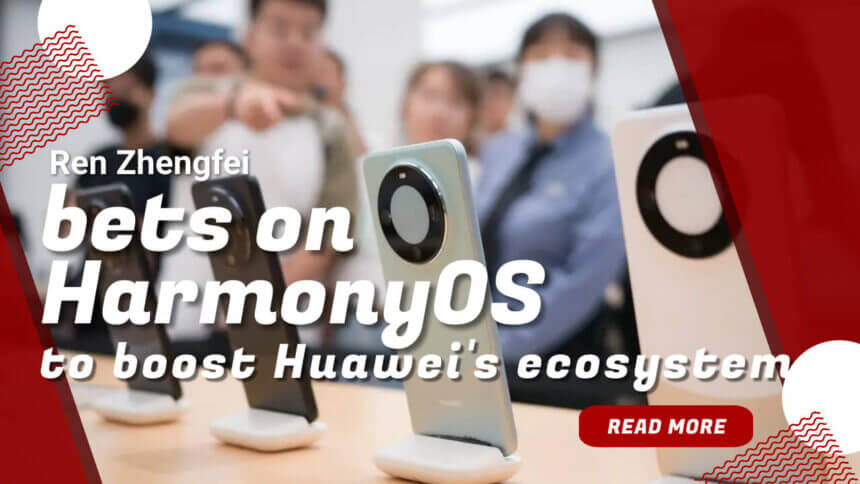Chinese tech giant Huawei is doubling down on its indigenous HarmonyOS operating system as it aims for greater self-reliance in the face of US sanctions.
Huawei founder Ren Zhengfei remains defiantly optimistic about the company’s prospects, even as he acknowledges tough times lie ahead. Transcripts of Ren’s recent conversation with a Chinese media executive reveal Huawei’s conviction to prosper through increased investment in platforms like HarmonyOS.
Since being added to a US trade blacklist in 2019, Huawei has worked to cut its dependence on American technology. The company has poured extensive resources into developing HarmonyOS for mobile and IoT devices and EulerOS for enterprise servers. Huawei plans to invest billions in manpower and capital into these operating systems annually.



However, Huawei’s strategy goes beyond the internal use of HarmonyOS and EulerOS. The company has opened up these platforms to partners, enabling the OS to reach over 600 million users in China alone. This approach has already started paying dividends by attracting partners to Huawei’s ecosystem.
Ren says Huawei will continue massive investment in these platforms, committing billions in capital and manpower annually. Although HarmonyOS and EulerOS are open source, Huawei aims to enrich its own ecosystem by opening them to partners.
In China, over 30 operating systems already run on HarmonyOS, which boasts 600 million users. As industry partners migrate to Huawei’s cloud service, its tactics show early success.
Ren sees US sanctions as an incentive to drive Huawei’s innovation. He advocates learning strengths like research from the US while building Huawei’s advantages.
Huawei’s massive investment in its operating systems demonstrates resilience amid economic adversity. Its success will depend on whether this strategy achieves long-term results. But one thing is evident: Huawei is staking its future on homegrown technology.











